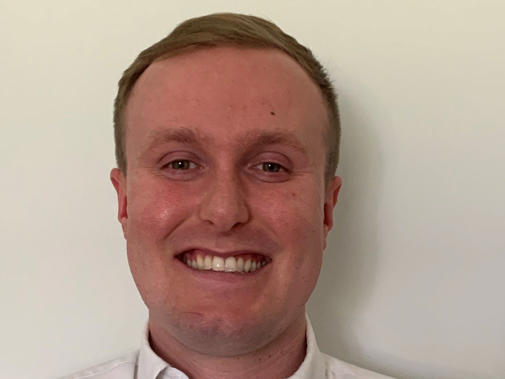When I graduated from medical school, I never really imagined I would move to the other side of the world, leaving my family and friends is daunting but with the current working conditions, our pay, and the cost of living it felt like an opportunity I couldn’t afford to miss.
The pay and the better contractual terms, for example having more choice over when you can take leave was a big draw for me. I loved living in Swansea, and I really care about the job but travelling up to 300 miles a week, barely meeting my rent and bills and being utterly exhausted made me want to look at opportunities abroad.
A UK medical degree and training is very appealing to healthcare systems outside of the UK and so I am pleased to have been offered two out of the three jobs that I applied for.
Experiences in Wales
Unfortunately, since starting my training in Wales, I have only seen pay and conditions deteriorate to the point where staffing levels were unsafe leaving doctors to burnout with lots of my colleagues on sick leave with stress.
Even though we’re known in hospitals as junior doctors there’s nothing junior about the work we do, nothing prepares you for breaking bad news to families, working long hours and holding such a huge position of responsibility often on your own. That’s why the current pay feels so incredibly demoralising.
During on-call shifts, I would be caring for around 200 patients on my own with just one consultant on call, it felt unsafe and precarious, and I felt very concerned about meeting the needs of each patient and making the right calls.
In the day I would spend hours doing ward rounds seeing around 40 patients around the hospital, chronic staff shortages meant that I was caring for an enormous number of patients. After meeting and assessing each patient, I would need to complete notes being sure to include crucial details, order urgent tests, chase up results, update patients and handover by which point I had worked way beyond my contracted hours.
My shifts would gradually run later and later meaning I would leave utterly exhausted and because I was so stretched, I always left wondering what more I could have done if I had just had more time, more staff, and more support, it’s not a good feeling.
Unsafe staffing
Not only was the situation emotionally and physically draining but it was completely unsustainable and poor pay and conditions would result in doctors leaving permanent posts but returning as locums to get better and fairer rates of pay for the massive amounts of responsibility they carry.
The continued unsafe staffing would always lead to senior doctors pressuring doctors to stay later cover shifts or find locum cover, it felt precarious. If you accepted a shift, you knew that you could compromise your own professional reputation due to staff shortages.
You see a lot of goodwill keeping things afloat, staff feeling duty-bound to stay way beyond their hours just to feel the gaps, but that’s completely unsustainable.
Making a difference in Wales
It’s working in these conditions, that inspired me to join the BMA Welsh junior doctors committee and the negotiating team, I was committed and passionate to transforming the experiences of doctors in training in Wales, determined to get them a better deal.
That’s why the Welsh Government’s insulting 5% pay award was the final straw for me. After months of talks and promises to restore doctors’ pay, they made the decision to offer further pay erosion, continuing to devalue the profession with the worst pay offer in the whole UK. It was hugely disappointing and felt like yet another blow to hardworking doctors in Wales.
Looking for a better work-life balance
After two years of extreme fatigue, I want to be able to develop my career but find a better balance between my professional and personal life and that is why the opportunity in Australia appealed to me.
I am reassured by friends working out there that there is less pressure to work overtime and out of hours and to have more choice about when I can take my leave. I’ve seen colleagues in Wales and England having to put in special requests to take their own wedding day off, it’s just ridiculous!
The salary on offer in Australia is also almost double what I earnt in Wales meaning I will be able to worry less about rising costs and paying back my student debt as well as all the additional costs for training. I will also be able to develop my career as a speciality trainee in psychiatry.
It’s also not difficult to imagine worse pay than in Wales when junior doctors earn less than £14 an hour.
The Welsh BMA junior doctors committee has entered a formal pay dispute with the Welsh Government. If you’re a junior doctor working in Wales, you will need to be a BMA member to be eligible to vote. Update your contact and current employer details to ensure your ballot ready.
According to data gathered by the GMC on how many doctors have applied for a CGS (certificate of good standing) a permit or reference for doctors to use to seek employment abroad, there appears to be an upward trend of doctors leaving Wales and the UK to practice medicine, with just under 200 certificates issued each year since 2019. The most popular countries to move to for work this year include Australia , the United Arab Emirates , New Zealand, Canada, and Ireland in that order.
Jack Tagg and BMA Cymru Wales chair Iona Collins feature on an episode of Y Byd ar Bedwar looking at why doctors are leaving Wales to work in Australia. The programme is available with English Subtitles on S4C, S4C Clic and BBC iPlayer

